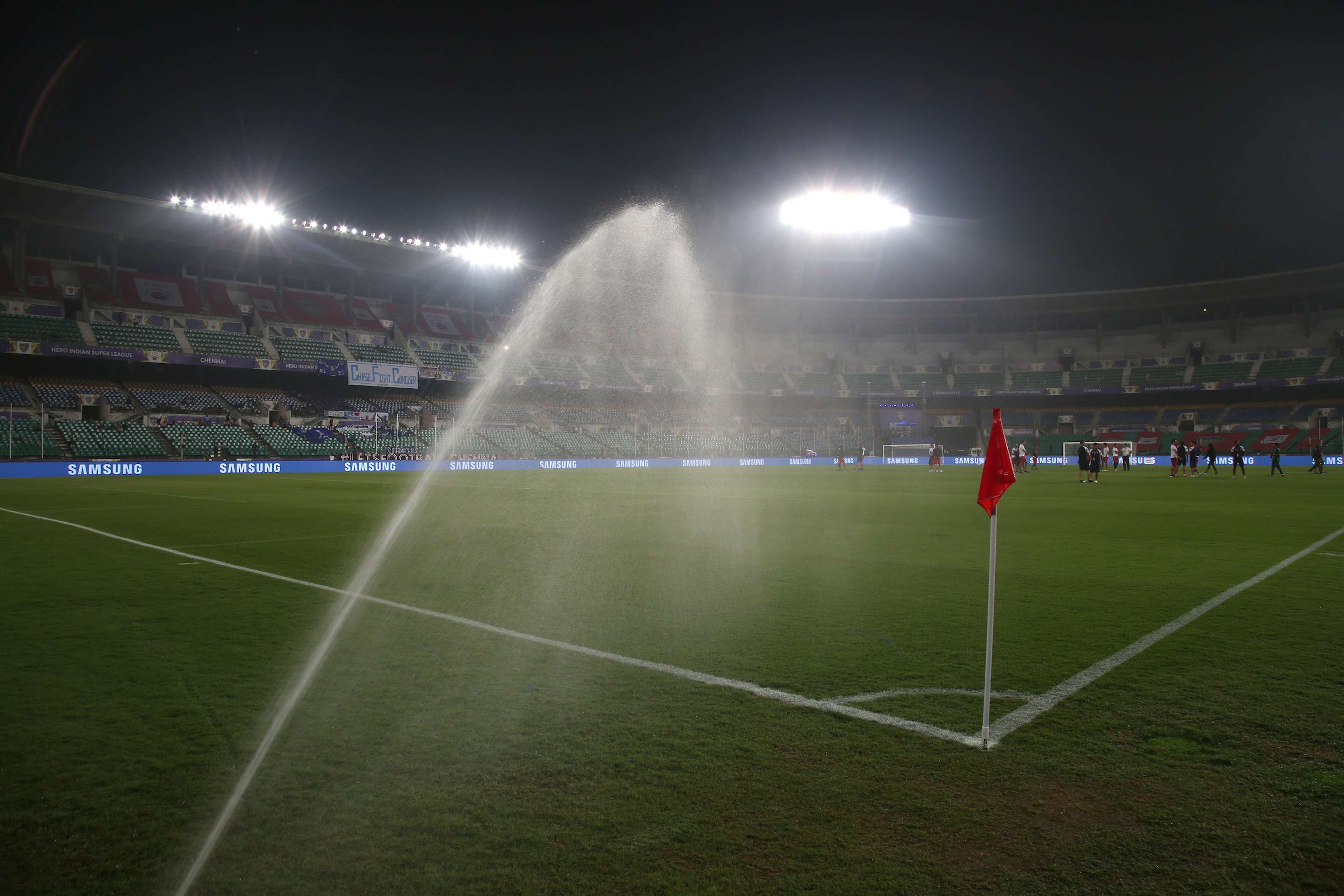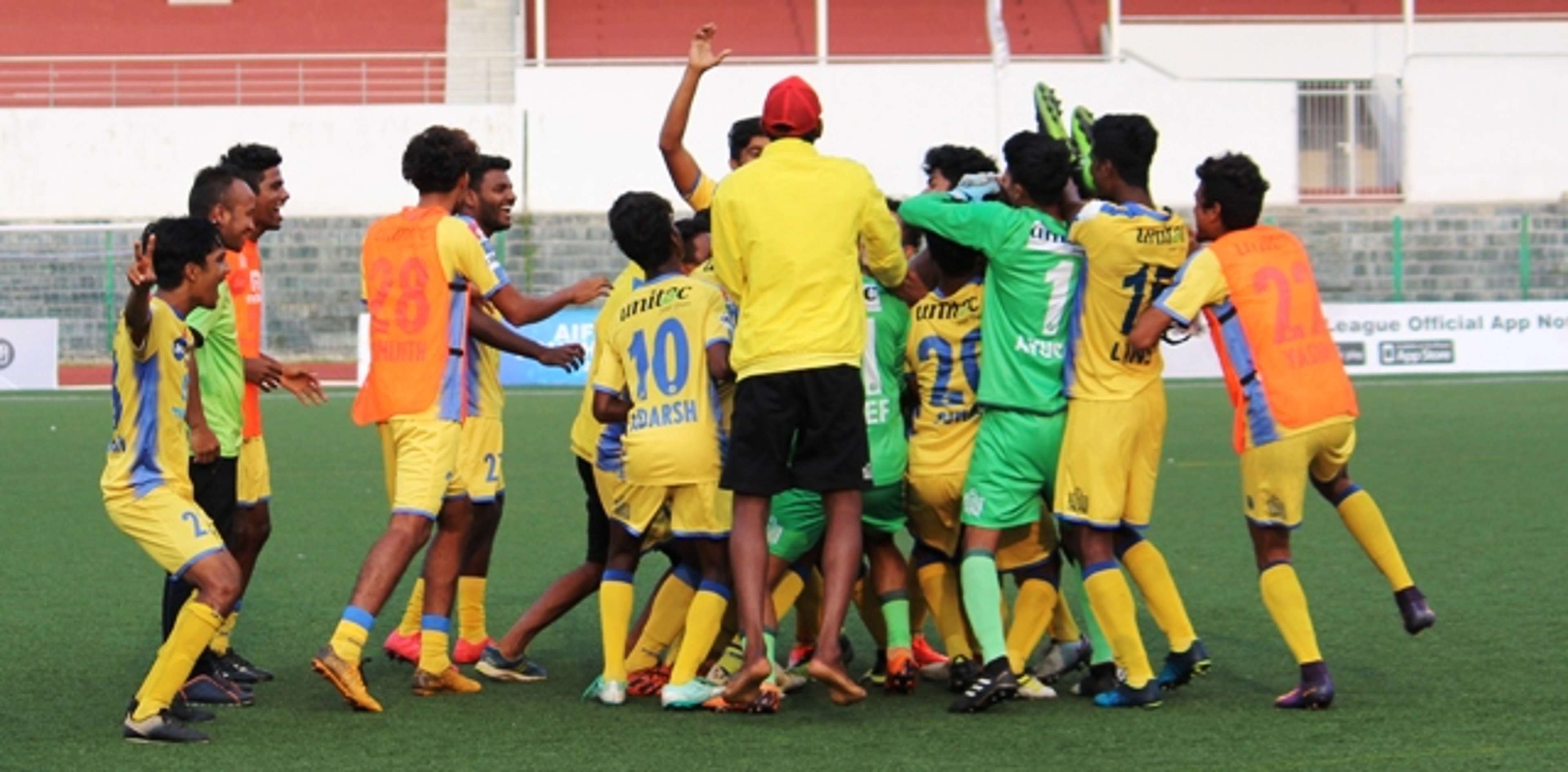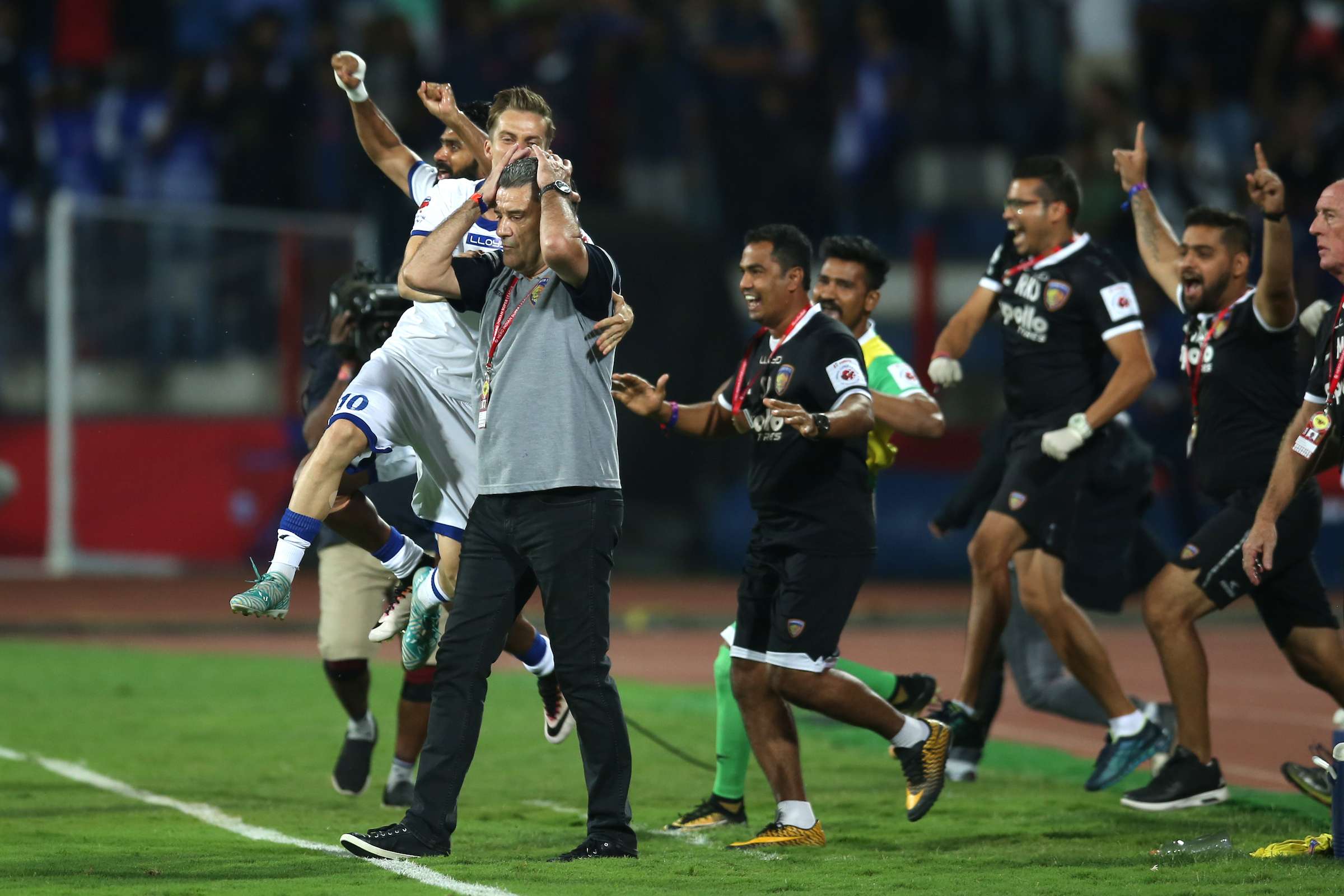Club Licensing is the ultimate tool for the growth of professional football clubs. It wraps development and benchmarking of football clubs under a single fold and helps them attain a self-sustainable business model.
Licensing is a mandatory process for football clubs these days in order to take part in the national and Asian Football Confederation (AFC) level club competitions. Indian clubs need to procure a club license and a failure to do so would result in a fine.
The Indian Club licensing system is a joint initiative by the All India Football Federation (AIFF) and the AFC but the former acts as the territorial licensor. The clubs are required to comply with five criteria - each of which has a grade that determines how important it is to fulfil.
The criteria for Indian clubs can be divided into five main groups:
- Sporting
- Infrastructure
- Personnel and Administrative
- Legal
- Financial
Each criterion under these five groups are graded A, B or C. Grade A are to be strictly followed and are mandatory for obtaining a license. Non-fulfilment of Grade B can be sanctioned but the clubs may still procure a license. Licensing sanctions range from a caution or a fine to withholding of prize money or even license withdrawal in extreme scenarios. Grade C, which can be upgraded later on, are best-practice recommendations.
Sporting Criteria
Player development structure is a grade A criterion. The clubs must have at least three age group squads other than their first team - U13, U15 and U18, each consisting of a minimum of 20 players. All players are to be registered in the Centralised Registration System (CRS) of the AIFF and the squads must participate in the official tournaments organized by the apex body.
Clubs have to provide qualified coaching staff, football-related and supplementary academic education for young players as part of club-specific, quality-driven Youth Development Programmes (Grade A).
The licensee is expected to provide medical support services for contracted players (Grade A).
Grassroot programmes are a grade B criterion for club licensing in India. The clubs should conduct programmes for at least 40 children within the community, aged 6-11 years. Educational programmes (Grade B) on relevant topics such as sports integrity, laws of the game and doping control are to be conducted for at least the first team and the technical coaching staff.
Corporate Social Responsibility (CSR) programmes are Grade C criteria at both AFC and National levels. While an AIFF-accredited youth academy is a grade B requirement at the national level, it is not a mandatory AFC criterion.
Infrastructure Criteria
 Sportzpics
Sportzpics
The license applicant must have an approved stadium to play AFC and National level competitions (Grade A). If the stadium isn't located in the base city, the club should provide a justifiable reason. The safety of the stadium should be certified by the appropriate body and there should be a drainage system to prevent flooding.
The stadium should also be equipped with an emergency medical room located in close proximity to player’s dressing room and the field of play, floodlight of 1200 lux and a backup power supply (Grade B). Media centre, mixed zones, press conference room etc are also Grade B criteria.
A minimum of 5000 seats should be available for spectators and at least eight per cent of the total capacity is for away fans. Refreshment facility inside the stadium is a Grade A criterion for AFC and Grade B criterion at the national level.
The clubs also must have training facilities available throughout the year for the use of the first team and for player development. Both the stadium and training centres need not be owned by the club. A written contract with the owner regarding the usage of the stadium is deemed enough.
Personnel and Administrative Criteria
Clubs must have an office space for administrative work to be done by qualified staff. The appointments of a general manager, finance manager, security manager, media officer, a medical doctor (at least one), physiotherapists (at least two) are Grade A criteria.
The head coach of the club must hold an AFC 'A' license or its equivalence or be in the process of obtaining the same. If not, the coach should hold a Recognition of Experience and Current Competence (RECC) issued by the AFC.
The requirement is the same for assistant coaches at AFC competitions. At the national level, the coaching license required is AFC B or its equivalence. The person could also be in the process of obtaining the same and can produce RECC issued by the AFC.

Head of Youth Development and Youth Coaches (at least three) are the other mandatory appointments. The certificate requirements for the former is the same as that of the head coach. At least one of the youth coaches must hold an AFC B license whereas others are required to have AFC C licenses.
It is NOT mandatory to appoint a technical director, a goalkeeping coach or a fitness coach.
Legal Criteria
The licence applicant must submit a legally-valid declaration which confirms its legally-binding recognition of rules, regulations and decisions of FIFA, AFC and the AIFF. A declaration outlining the ownership structure and control mechanism of the club should also be submitted.
Nobody involved with the licensee club should be involved in any capacity with any other club from the same competition.
The clubs should take part in national level tournaments such as I-League, Super Cup and Indian Super League and competitions organised by AFC and/or FIFA.
Financial Criteria
Annual financial statements shall be prepared and audited by independent auditors (Grade A). The statement must consist of a balance sheet, profit and loss account, a cash flow statement, a summary of significant accounting policies and a financial review by the management.
The club must prove that it has fully settled its payments with other clubs regarding transfer activities and also with tax authorities and employees. As a national level criterion, the clubs can utilise a maximum of 70 per cent of their expenditure on player-related expenses.
The clubs should also put in place a Club Development Plan (CDP) which comprises of marketing activities, CSR events, scouting, pitch upgrades and more plans as defined by the applicant. A minimum of 10 per cent of the annual budget should be allocated for CDP.




